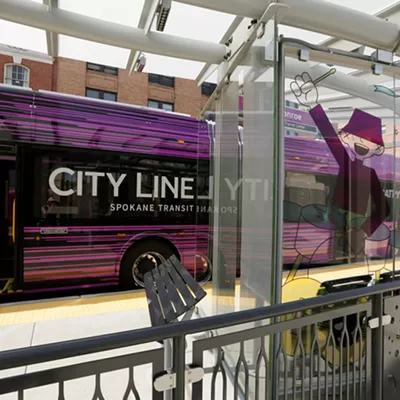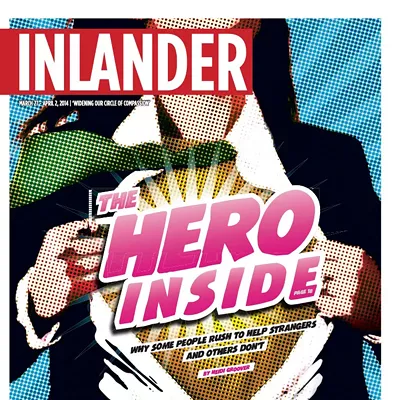Wednesday, October 9, 2013
Studies show young people avoid driving, urge cities to embrace alternatives
We've mentioned before some of the ways Millennials are turning traditional cornerstones of American life on their heads (maybe). Cars, marriage, home ownership — we're just not that into it (at least while the shock of the recession is still fresh).
Now, two new studies emphasize that when it comes to driving, young people's hesitance could be more than a temporary fad. This study from the American Public Transportation Association finds that "Millennials are multimodal [and] they choose the best transportation mode (driving, transit, bike or walk) based on the trip they are planning to take" and therefore they're more likely to move to — read: spend money in — cities that allow them that choice.
Here, U.S. PIRG, a left-leaning coalition of nonprofit research groups across the country, says new technology like transit apps and ride sharing are helping lure young people away from the mighty automobile. The group concludes that transit agencies should make data more available for the development of apps that help people use the bus or train, and that cities should embrace multiple modes of transportation to meet the needs of young people. (A report from the same group earlier this year shows that despite the decrease in driving, governments are still spending money on major highway and car-focused projects.)
All this can seem a given in bigger cities, where transit apps are plentiful and public transit can actually be faster than driving. But in Spokane, the focus still remains on just figuring out which routes are most used and getting the wait times low enough that more people with leave their car at home. Spokane Transit Authority's planned Central City Line could help, but will the Millennials even still be young people by the time that happens? That remains to be seen.
Learn more about STA's plans for the future and voice your thoughts at an open house this Thursday from 4:30-7 pm at the WSU Riverpoint Campus. Details here.
Now, two new studies emphasize that when it comes to driving, young people's hesitance could be more than a temporary fad. This study from the American Public Transportation Association finds that "Millennials are multimodal [and] they choose the best transportation mode (driving, transit, bike or walk) based on the trip they are planning to take" and therefore they're more likely to move to — read: spend money in — cities that allow them that choice.
Here, U.S. PIRG, a left-leaning coalition of nonprofit research groups across the country, says new technology like transit apps and ride sharing are helping lure young people away from the mighty automobile. The group concludes that transit agencies should make data more available for the development of apps that help people use the bus or train, and that cities should embrace multiple modes of transportation to meet the needs of young people. (A report from the same group earlier this year shows that despite the decrease in driving, governments are still spending money on major highway and car-focused projects.)
All this can seem a given in bigger cities, where transit apps are plentiful and public transit can actually be faster than driving. But in Spokane, the focus still remains on just figuring out which routes are most used and getting the wait times low enough that more people with leave their car at home. Spokane Transit Authority's planned Central City Line could help, but will the Millennials even still be young people by the time that happens? That remains to be seen.
Learn more about STA's plans for the future and voice your thoughts at an open house this Thursday from 4:30-7 pm at the WSU Riverpoint Campus. Details here.
Tags: transportation , Spokane Transit Authority , News , Image

















